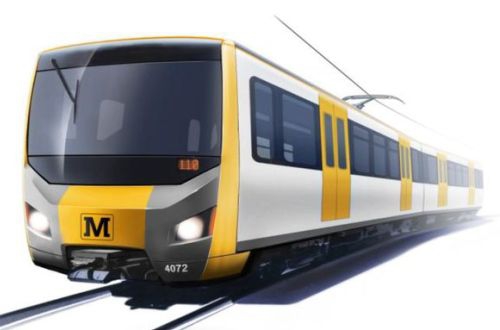The Metro and Local Rail Strategy identifies a number of disused or underutilised lines across Northumberland, Durham, and Tyne and Wear, which could benefit from new or improved services.
The procurement of new trains for the Tyne and Wear Metro capable of operating on the main line network is considered a catalyst for better integration and the expansion of the network.
The current Tyne and Wear Metro fleet dates from the opening of the initial phase of the network in the early 1980s. The strategy indicates that renewal of the fleet will cost around £550m including power supply upgrades and new depot facilities, and suggests the trains could be introduced in the early 2020s.
Talks are underway between Newcastle transport authority Nexus and the government on possible options for funding with the aim of submitting a detailed business case before the end of the year.
Metro trains already share infrastructure with main line services between Pelaw in Newcastle and Sunderland, but Neca believes metro operation could be extended to other heavy rail lines in the region.
Neca says the strategy is a starting point for detailed evaluation to establish the viability of returning towns such as Ashington, Peterlee, and Washington to the rail network as well as new links into business parks such as Team Valley, Metrocentre, Cobalt, and the International Advanced Manufacturing Plant north of Sunderland.
“We believe some existing and disused local rail corridors can be combined with Metro to create a single network at a lower cost than new-build railways,” says the authority’s director for transport Mr Tobyn Hughes. “By fusing local rail and metro together we can create something new and better than the sum of those two parts.”
“There are also areas where the existing metro system can be upgraded, and the system is badly in need of a new fleet. Nexus will have invested £350m by 2021 renewing track and other vital infrastructure – it needs to continue that investment over the next two decades but we must also now focus on the trains as well.”
Earlier this year a new North East Rail Management Unit was formed to oversee devolution of responsibilities for local rail services from central government to northeast England. Neca says it would like to see this develop to enable regional rail and metro to develop harmoniously with common standards for services and ticketing.

